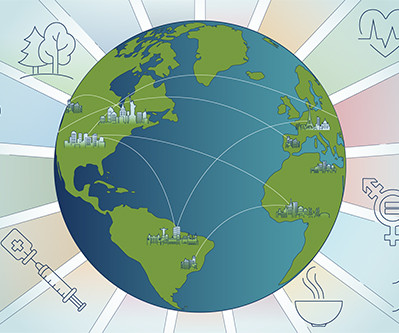The Economic Case against Work Requirements
NonProfit Quarterly
FEBRUARY 29, 2024
But where did they come from, and why are they still a central part of economic policy today? This series— Ending Work Requirements — based on a report by the Maven Collaborative, the Center for Social Policy, and Ife Finch Floyd, will explore the truth behind work requirements. These numbers might even be underestimations.














Let's personalize your content